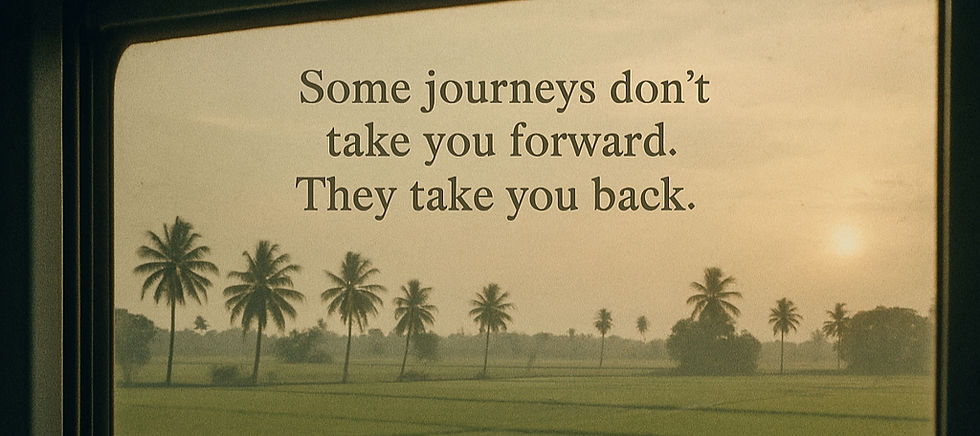Food Labels: Why should you read it?
- Santhosh Sivaraj

- Oct 16, 2023
- 3 min read

Ever walked down the supermarket aisle and wondered what those little labels on food products are all about? Those labels are more than just decorations; they're your passport to understanding what you eat. In our fast-paced world, knowing how to read food labels is a superpower that can make a big difference in your health. This blog is here to show you why it's not just a good idea but a downright cool one to become a food label detective.
1. Your Health Buddy
Food labels are like mini health reports for the snacks and meals you buy. They tell you stuff like how many calories are hiding in there, how much fat, protein, and carbs are inside, and even which vitamins and minerals are tagging along. Knowing this helps you make healthier choices, like picking snacks that don't pile on the calories.
2. Allergen Alerts
Imagine having a secret code that warns you if a food might make you sick. Well, that's what food labels do for people with allergies. They have to declare if they've got common allergens, like nuts or milk. It's a lifesaver for folks who could have a bad reaction to these things.
3. Not Too Much, Not Too Little
Ever gobbled up a whole bag of chips without realizing it? Food labels show the portion size – how much you're supposed to eat at once. This helps you avoid overeating, and you won't accidentally devour the whole bag of chips in one Netflix binge.

4. Ingredients Unmasked
Food labels list all the ingredients used in a product. That means you can see if there are any strange or mysterious additives. If you're not a fan of artificial stuff, you can avoid foods with a long list of chemicals and stick to the ones with ingredients you recognize.
5. Sugar and Salt Secrets
Too much sugar and salt can be bad for your health. Food labels spill the beans on how much of these sneaky ingredients are in your food. So, you can pick snacks and meals that won't turn you into a sugar-loving, salt-craving monster.
6. Personal Diet Magic
Are you on a special diet? Maybe you're going gluten-free, or you're a vegan superhero. Food labels are your sidekicks in making sure you only pick foods that match your dietary style. No more accidentally munching on a forbidden treat!

7. Keeping Brands Honest
Food companies can't just make up whatever they want. Food labels hold them accountable. So, if a cereal says it's "healthy," the label helps you see if it's not just a marketing trick. You can trust that the food inside matches what the label says.
8. Special Diets Sorted
Some folks have special diets because of health, beliefs, or allergies. Food labels make their lives easier. Vegans can quickly spot animal ingredients they want to avoid, and people who keep kosher or halal can check if it meets their dietary rules.
9. Stay on Top of Your Weight
If you're trying to manage your weight, food labels are your friends. They show you how many calories are in your snacks and meals, so you can pick the right portion sizes. You can stick to your weight goals and still enjoy your favourite treats.
10. Be the Boss of Your Choices
The coolest thing about reading food labels is that it puts you in control. Instead of being tricked by fancy ads or colourful packaging, you decide what's best for you. You become the hero of your food journey, making choices that are good for your health.

Becoming a food label detective isn't just smart; it's a bit like holding a superpower in the grocery store. You can make choices that are kind to your body, match your special diet, and keep you healthy. Food labels are like a secret code that unlocks the mysteries of what's in your food. They're there to help you be in charge of your health.
So, next time you grab a snack or fill your cart at the store, remember to check out those labels. It's not just a smart move; it's a fun way to stay healthy and enjoy the foods you love. Happy label reading!




Comments